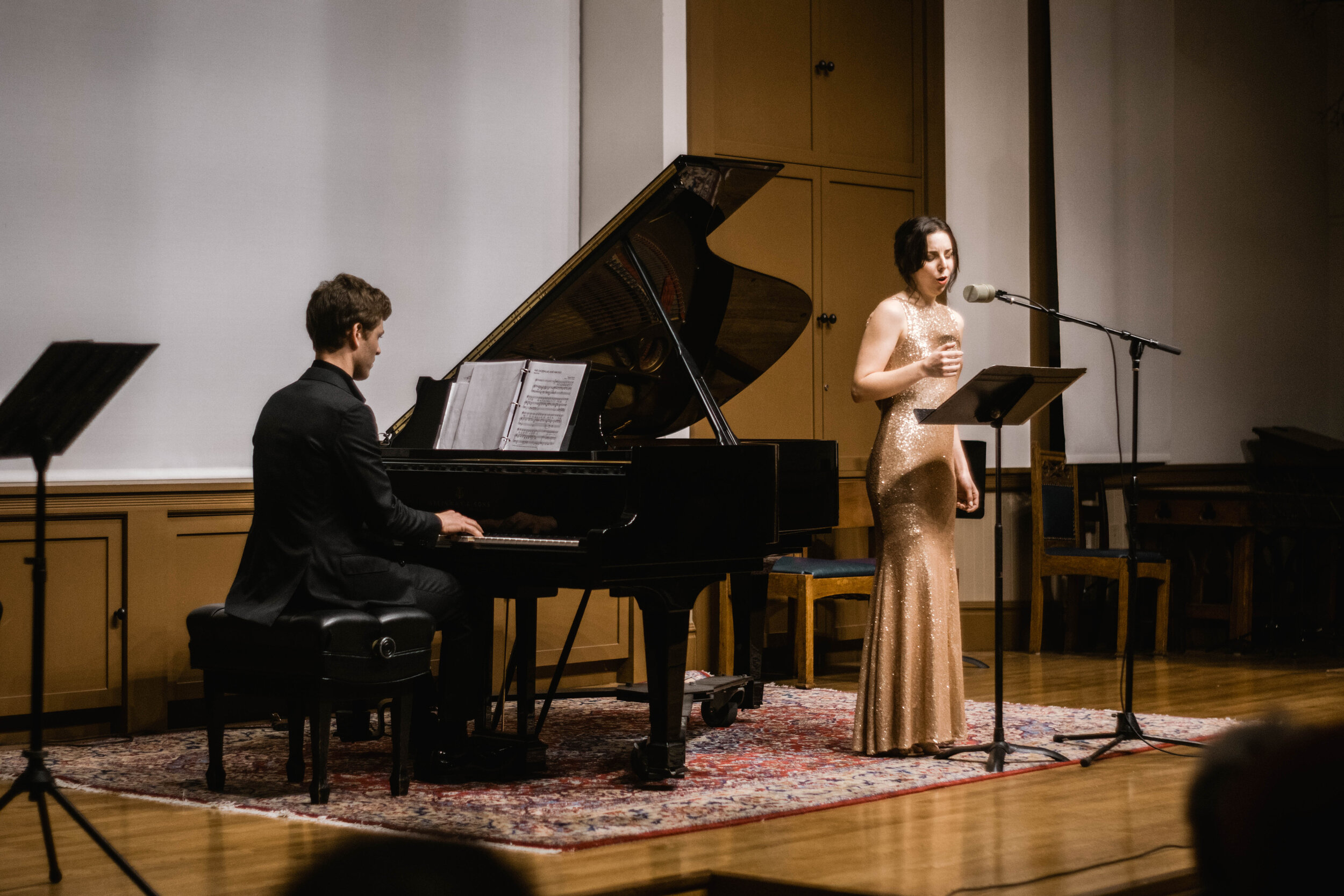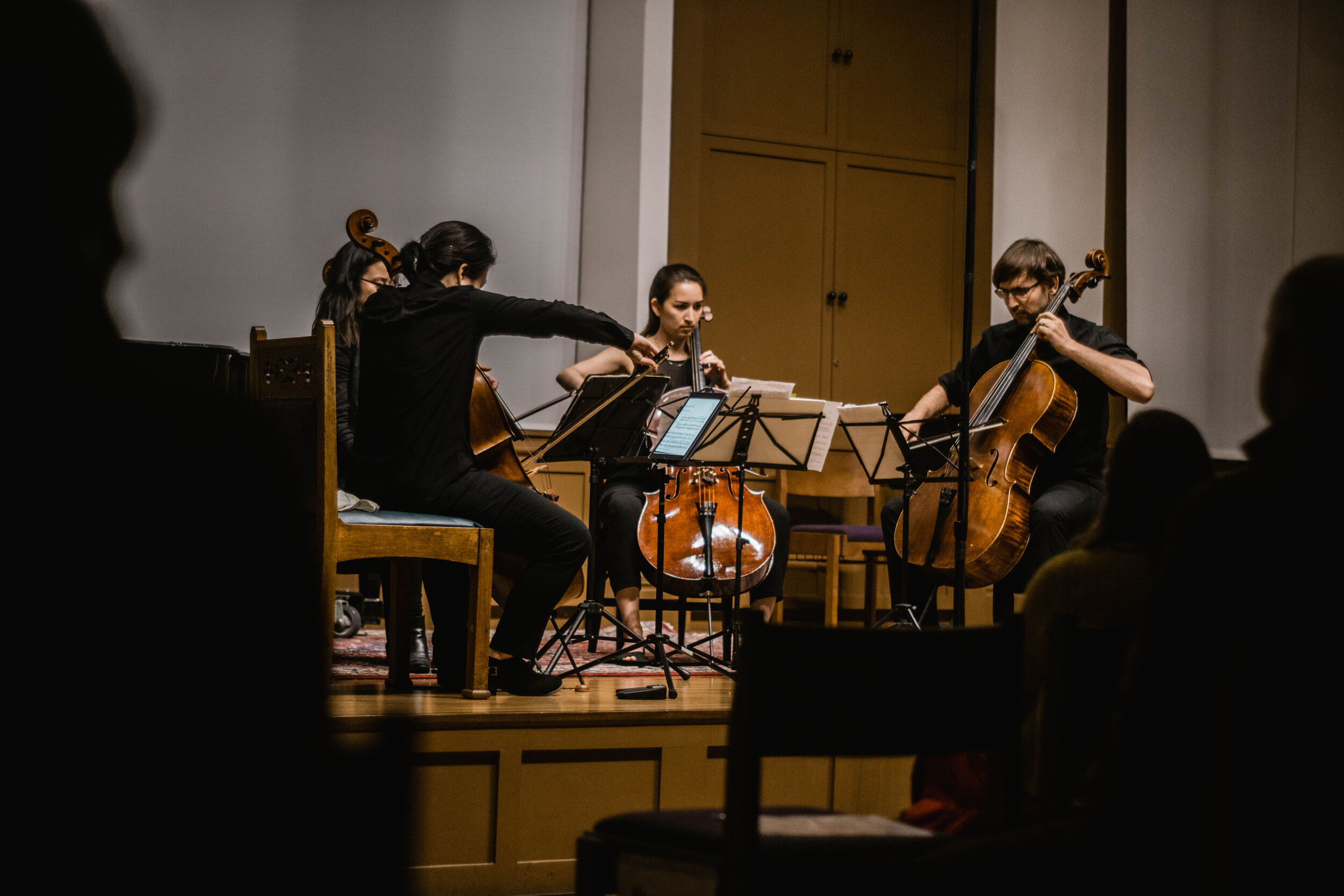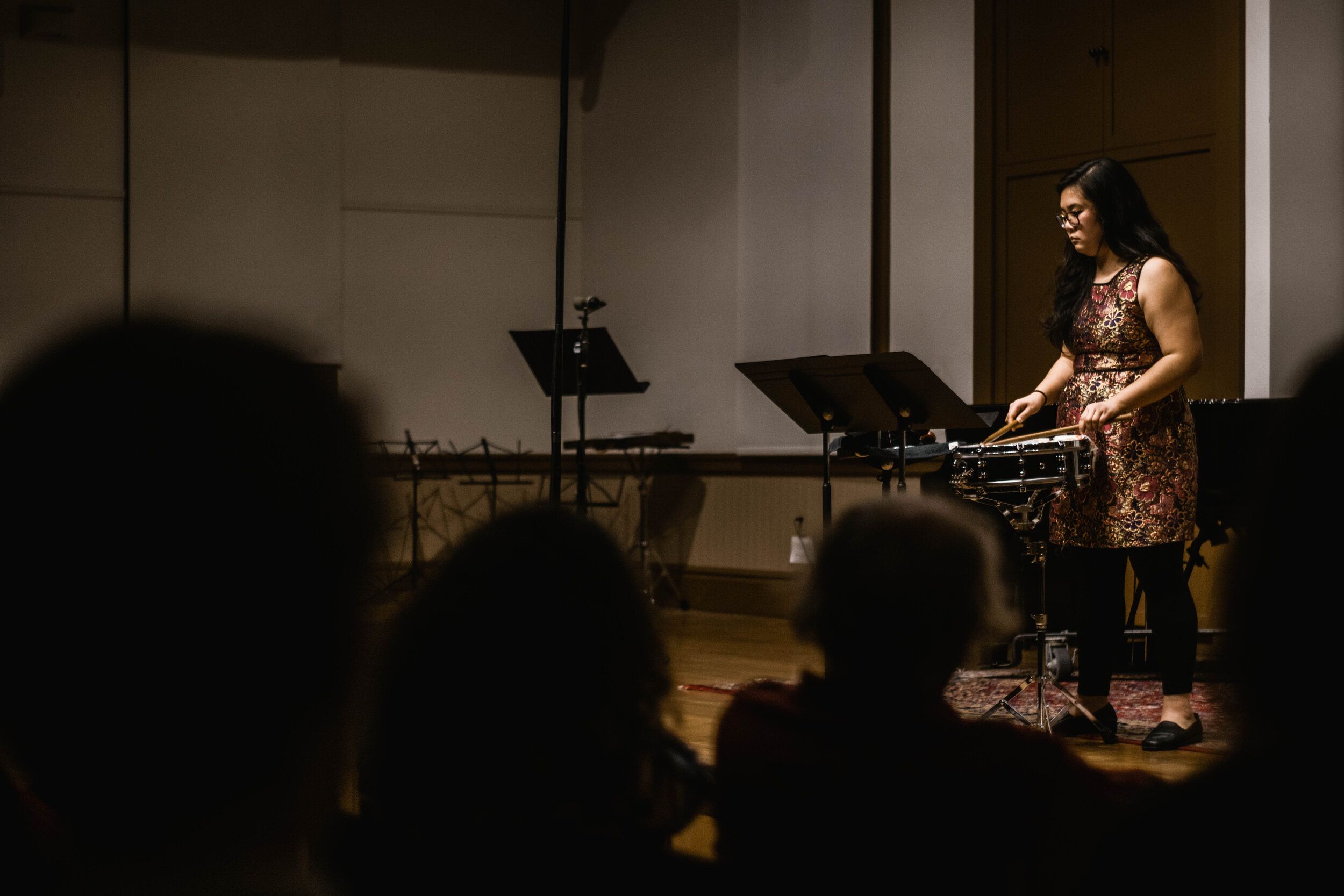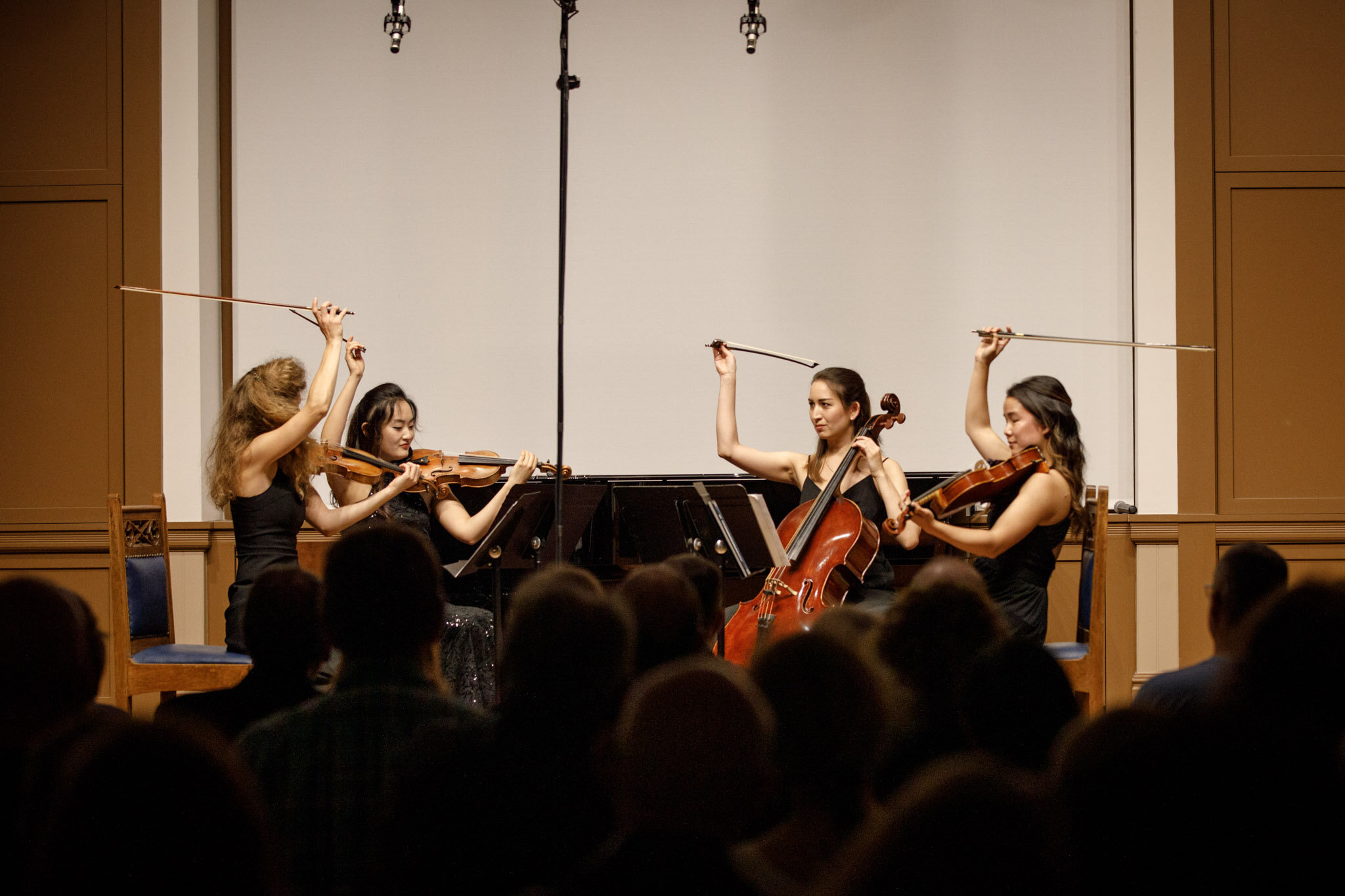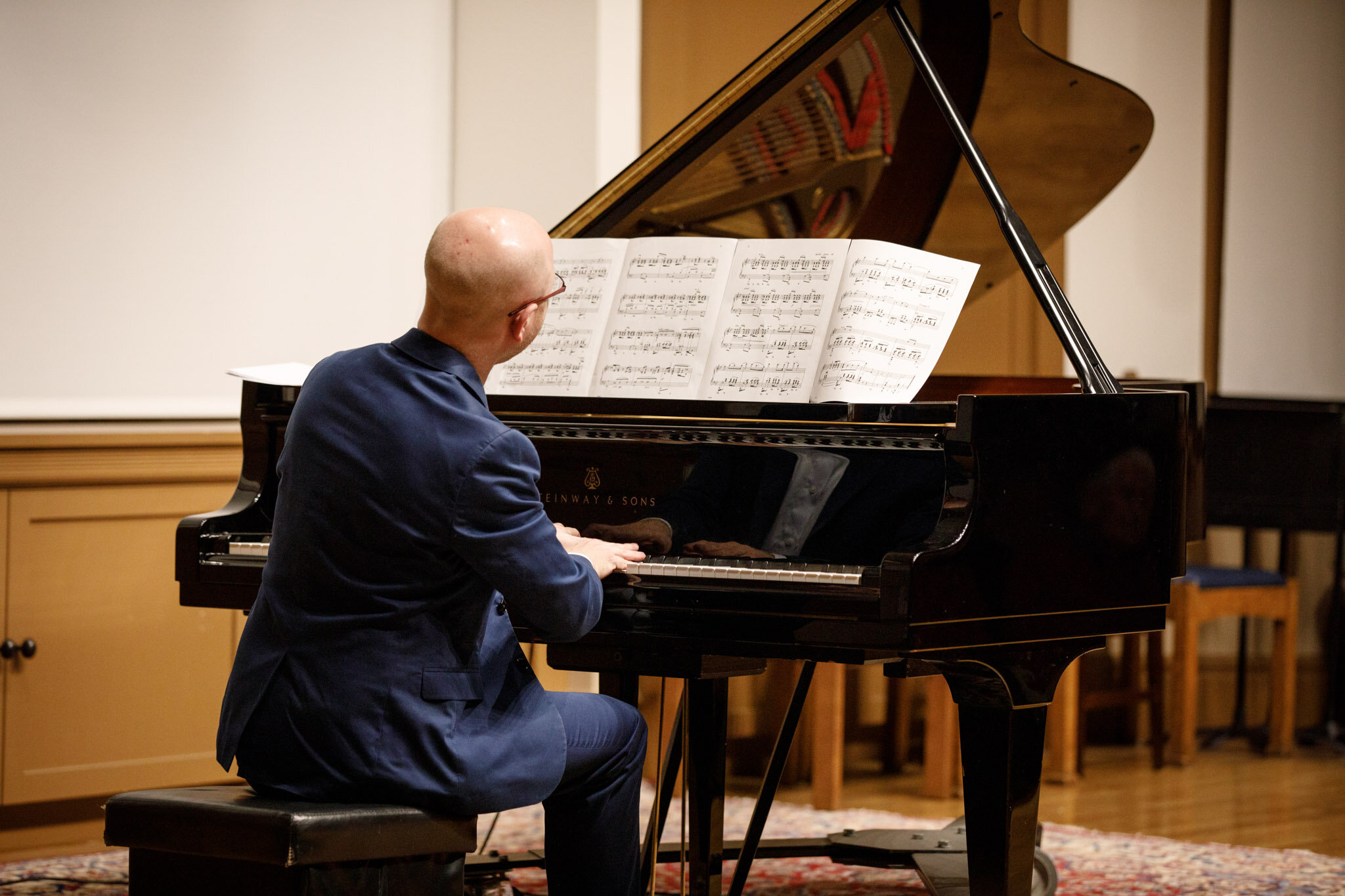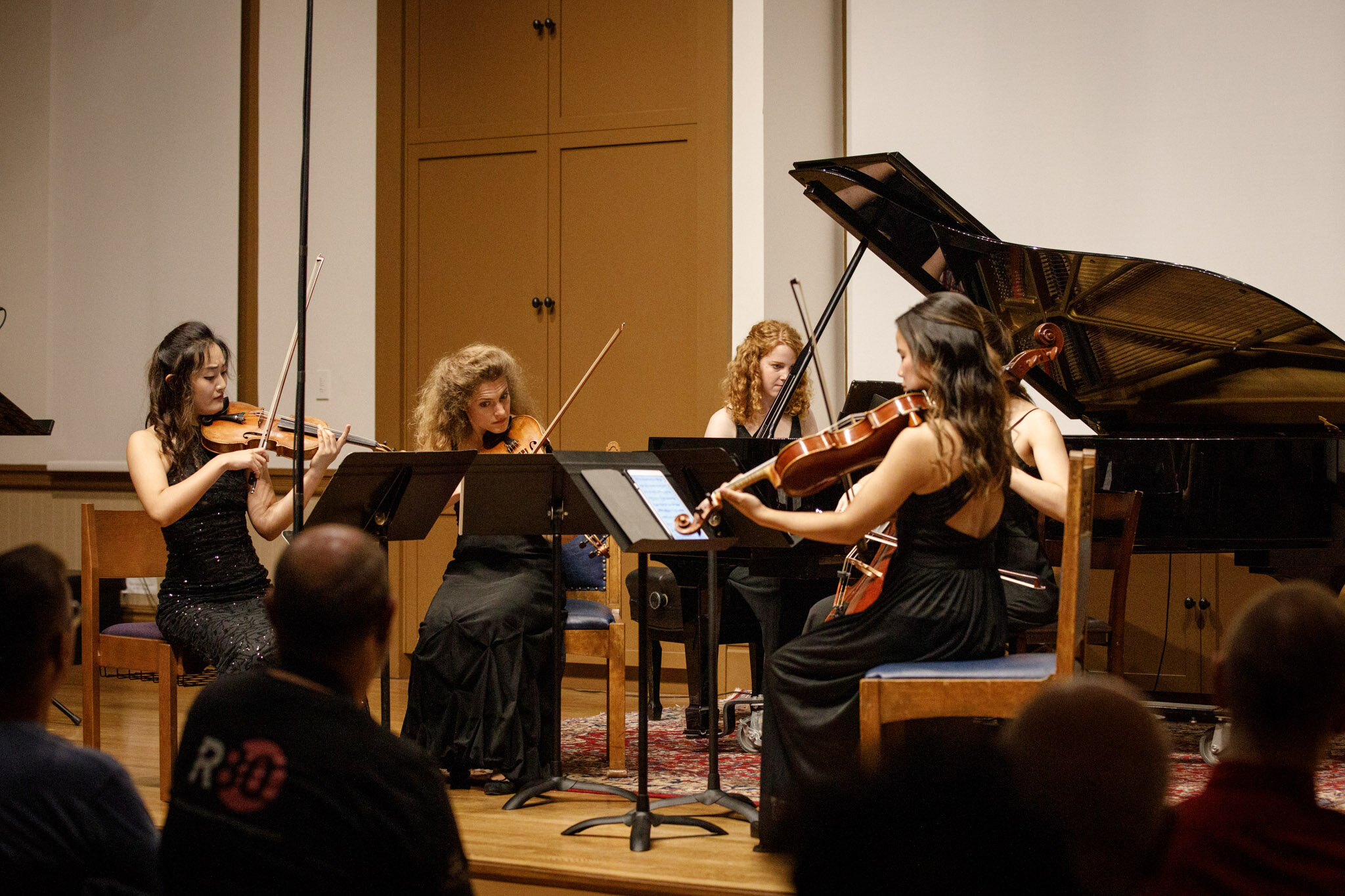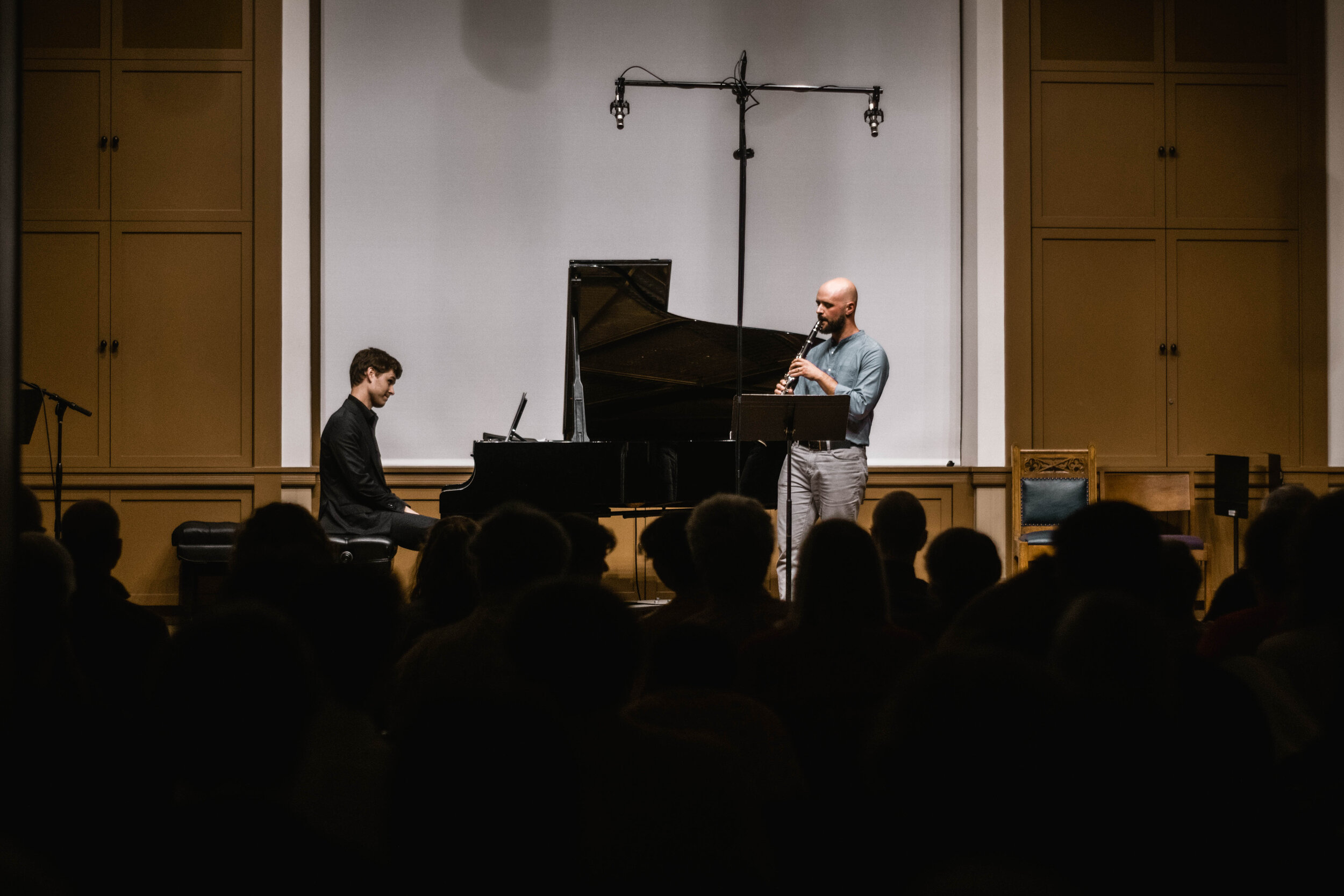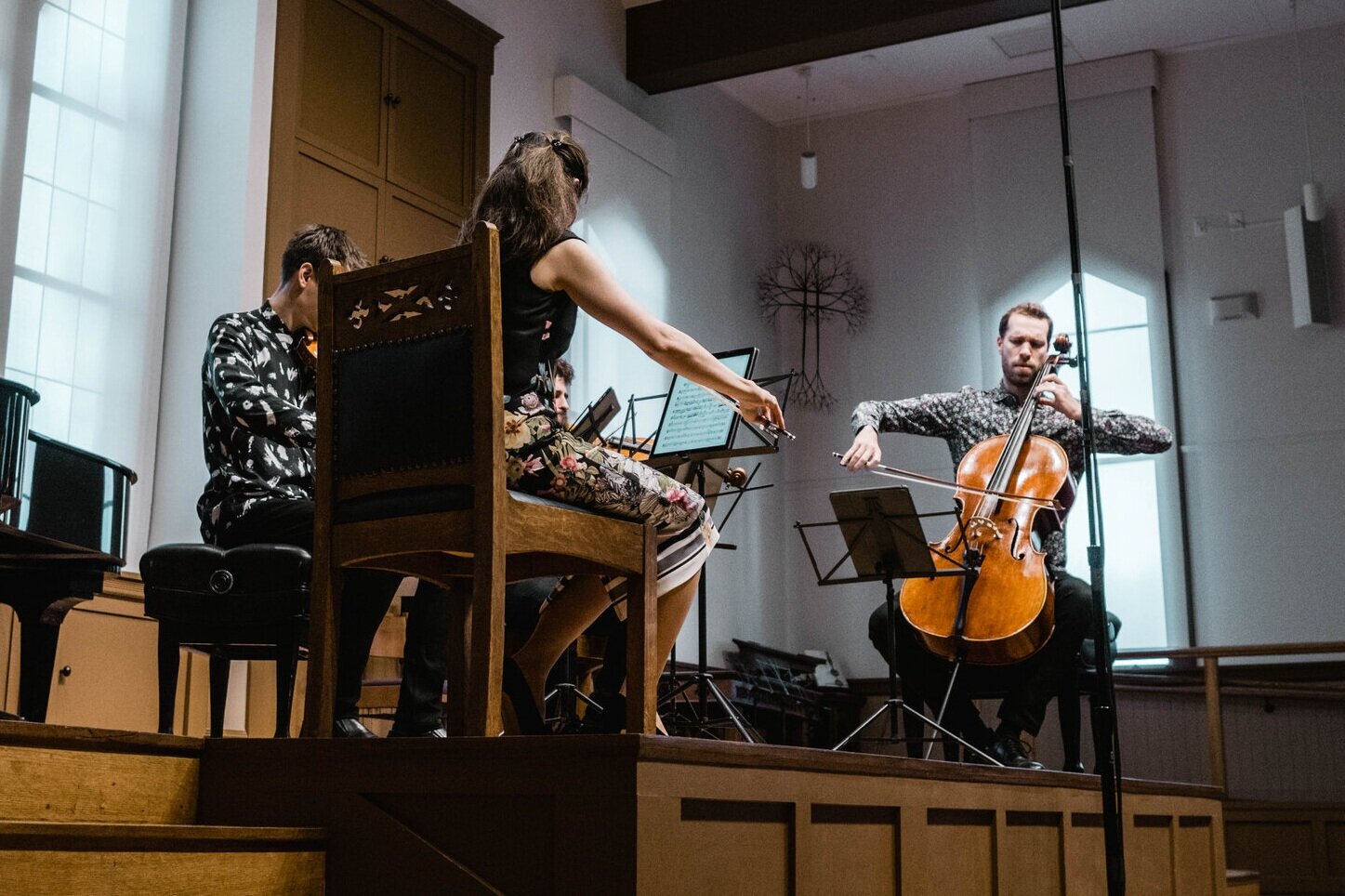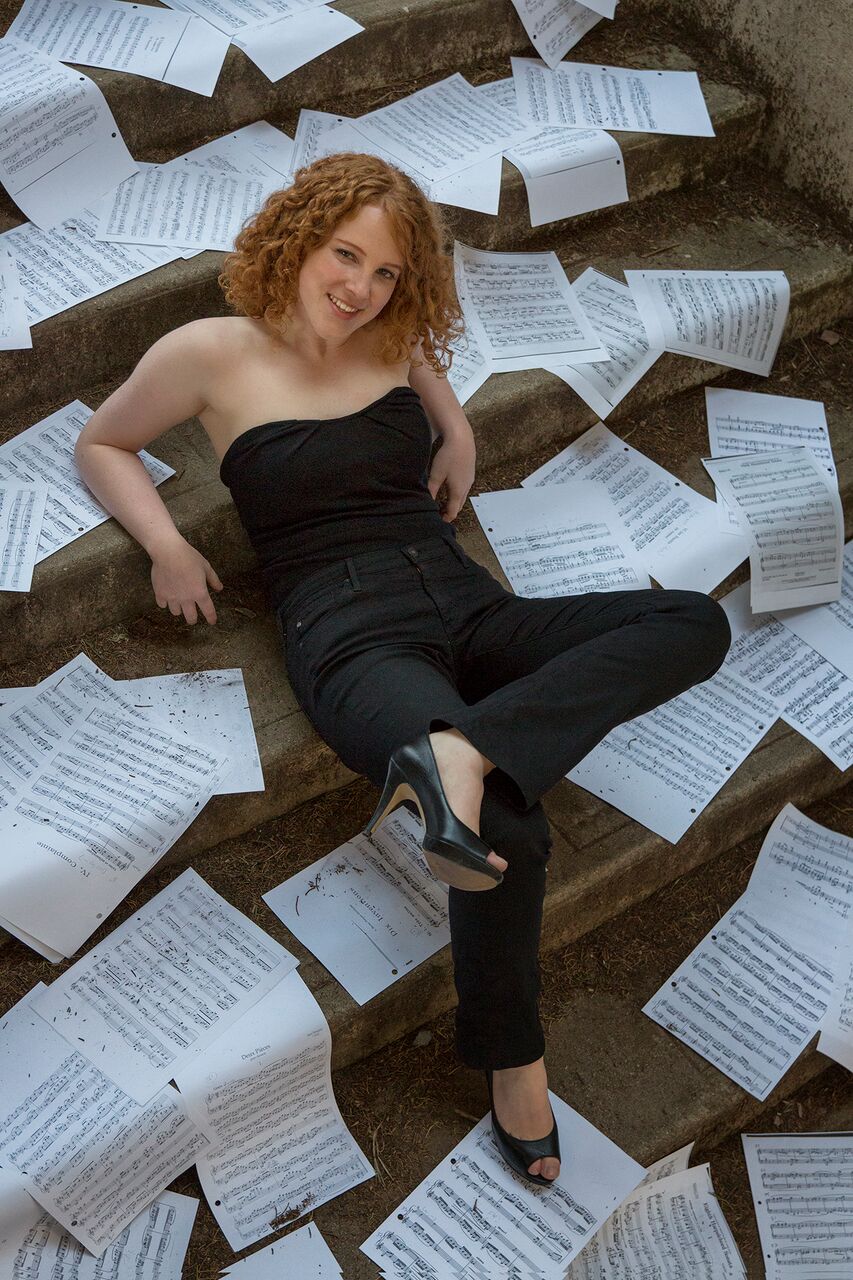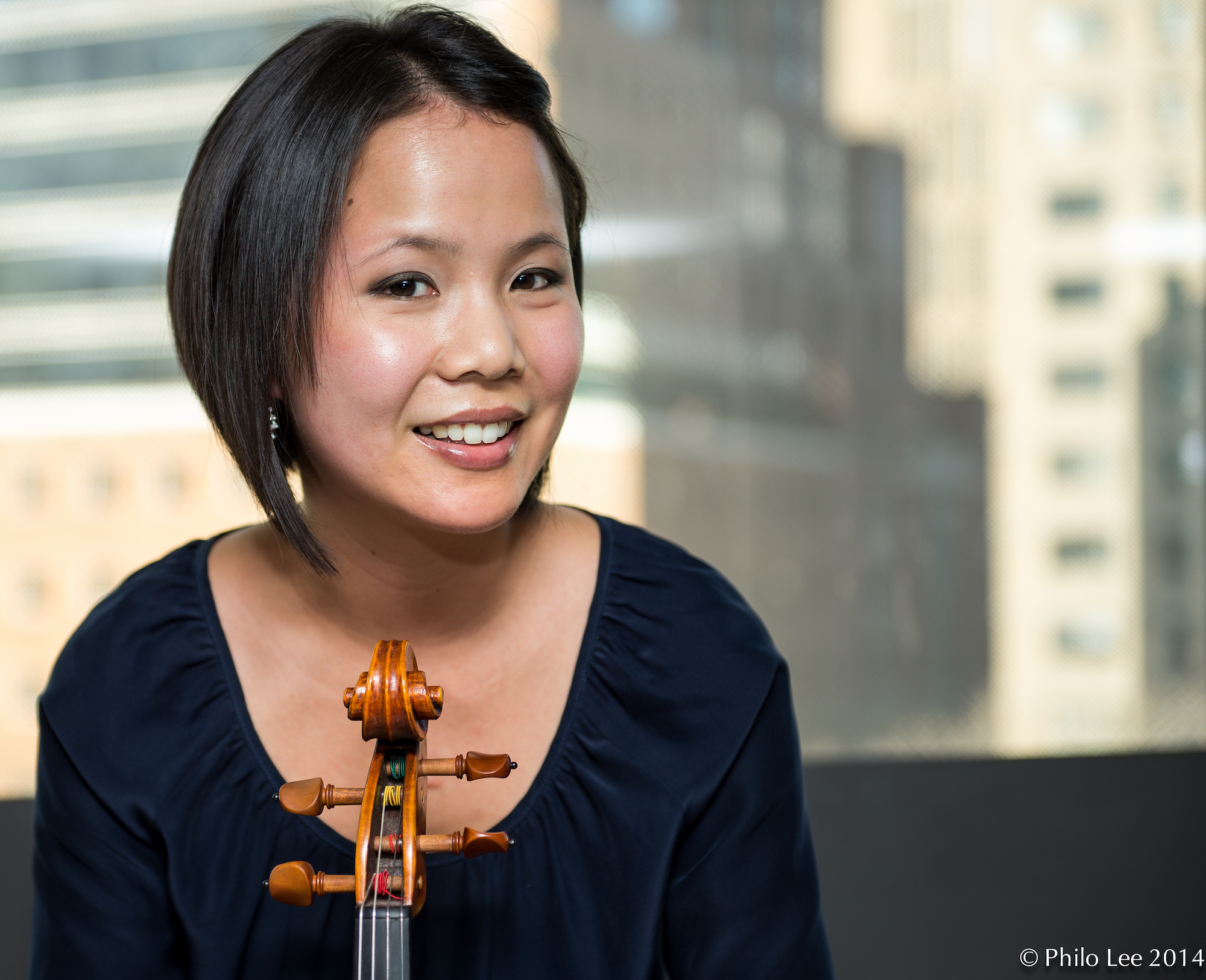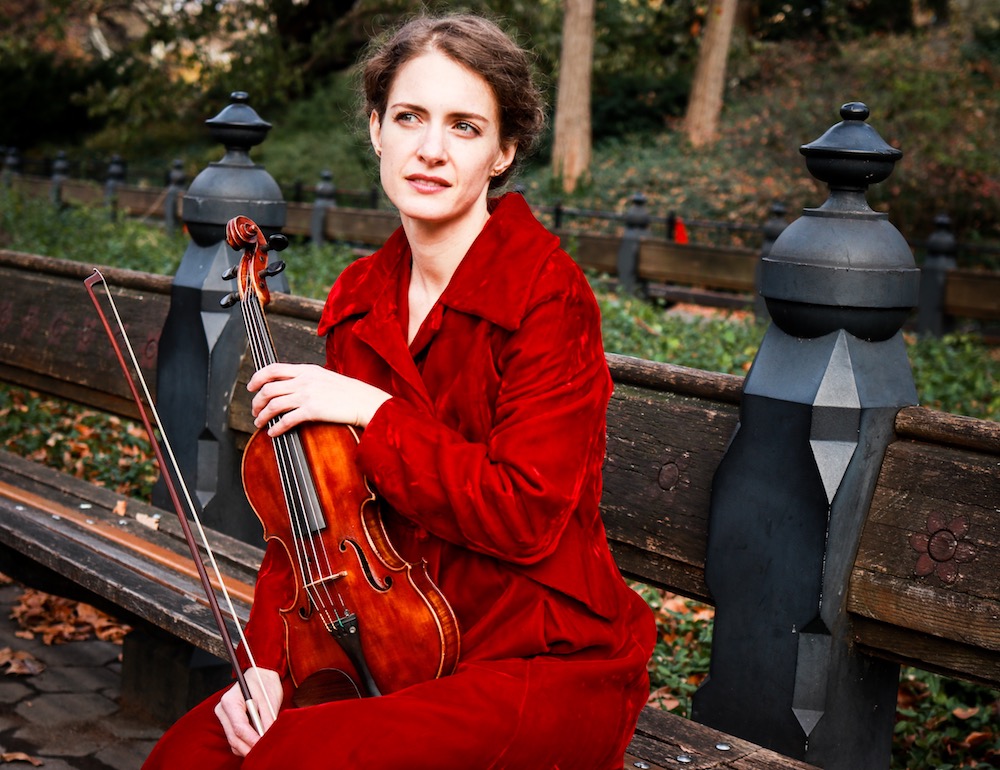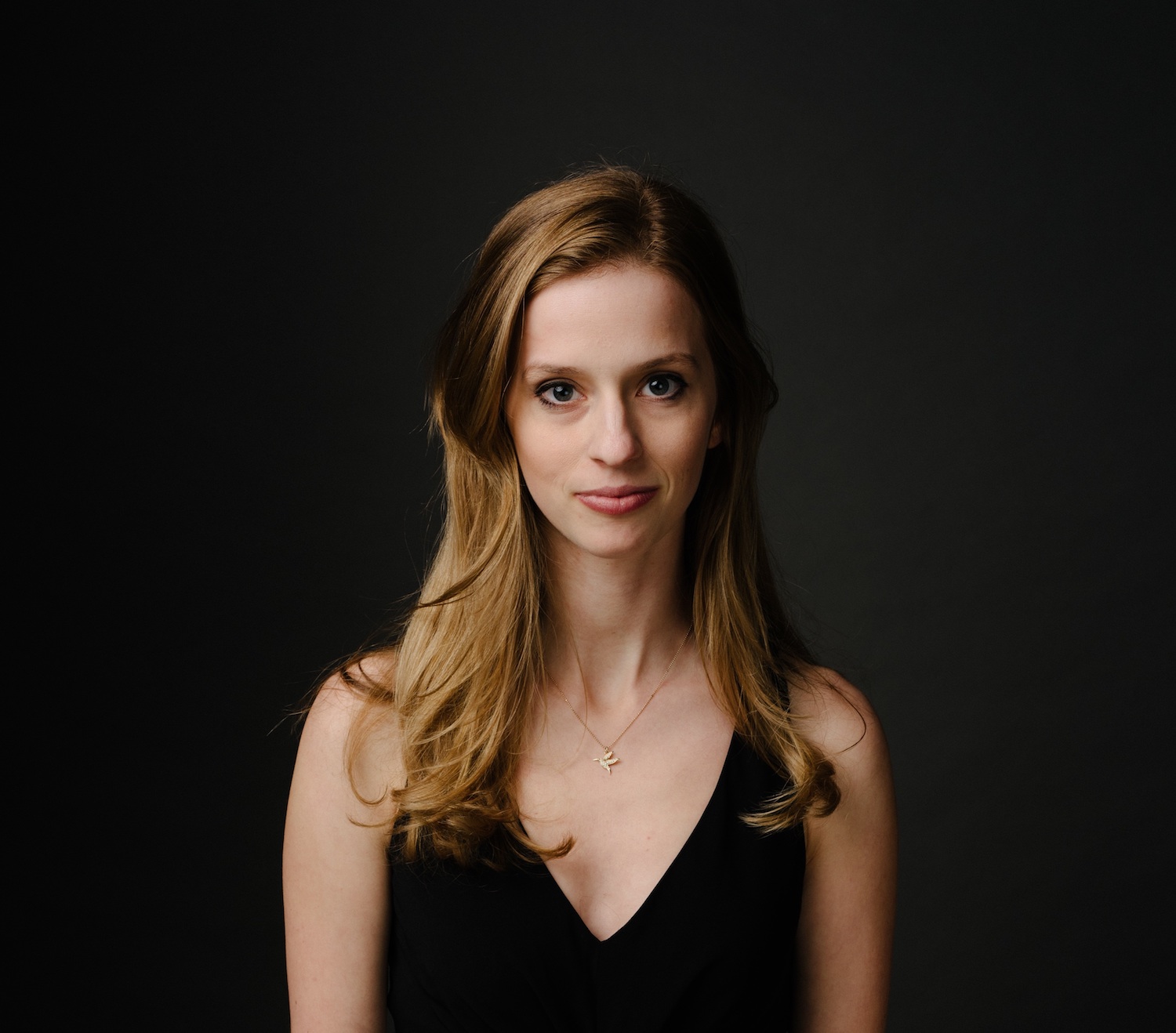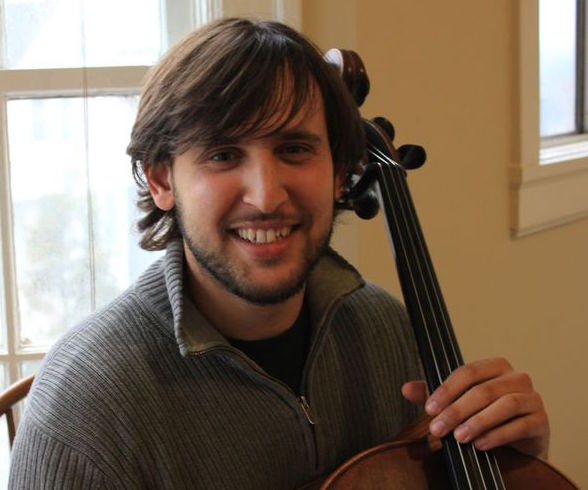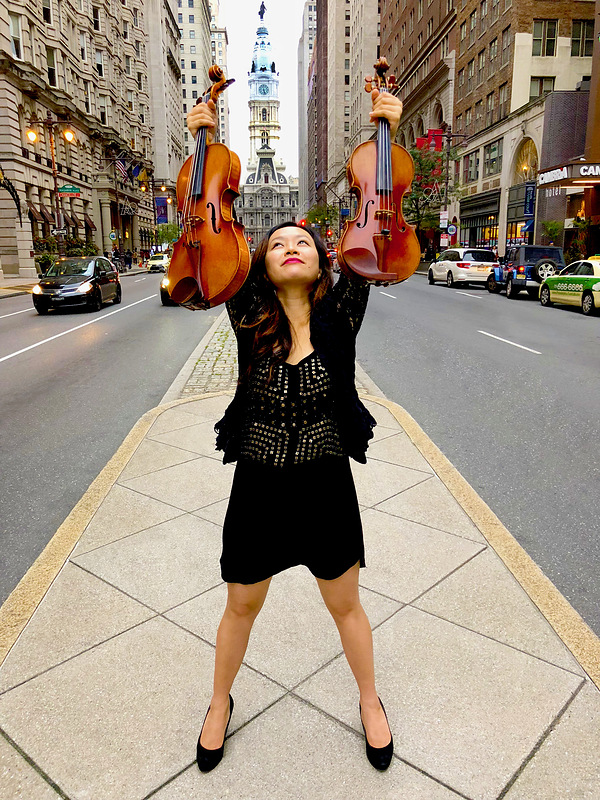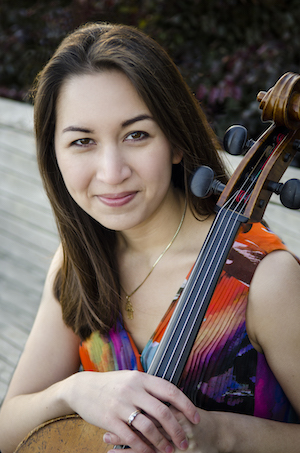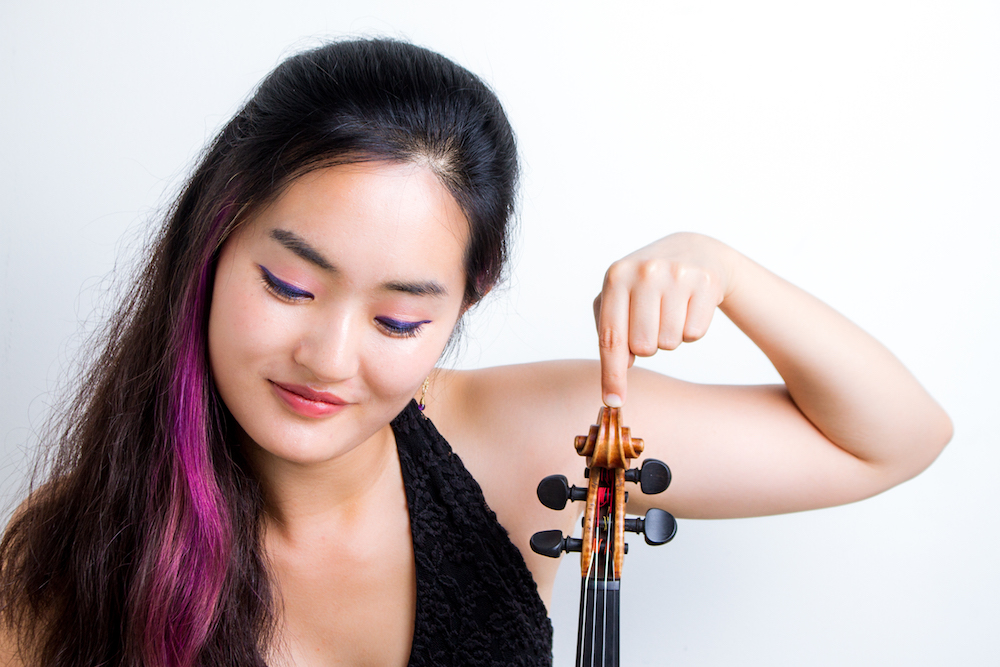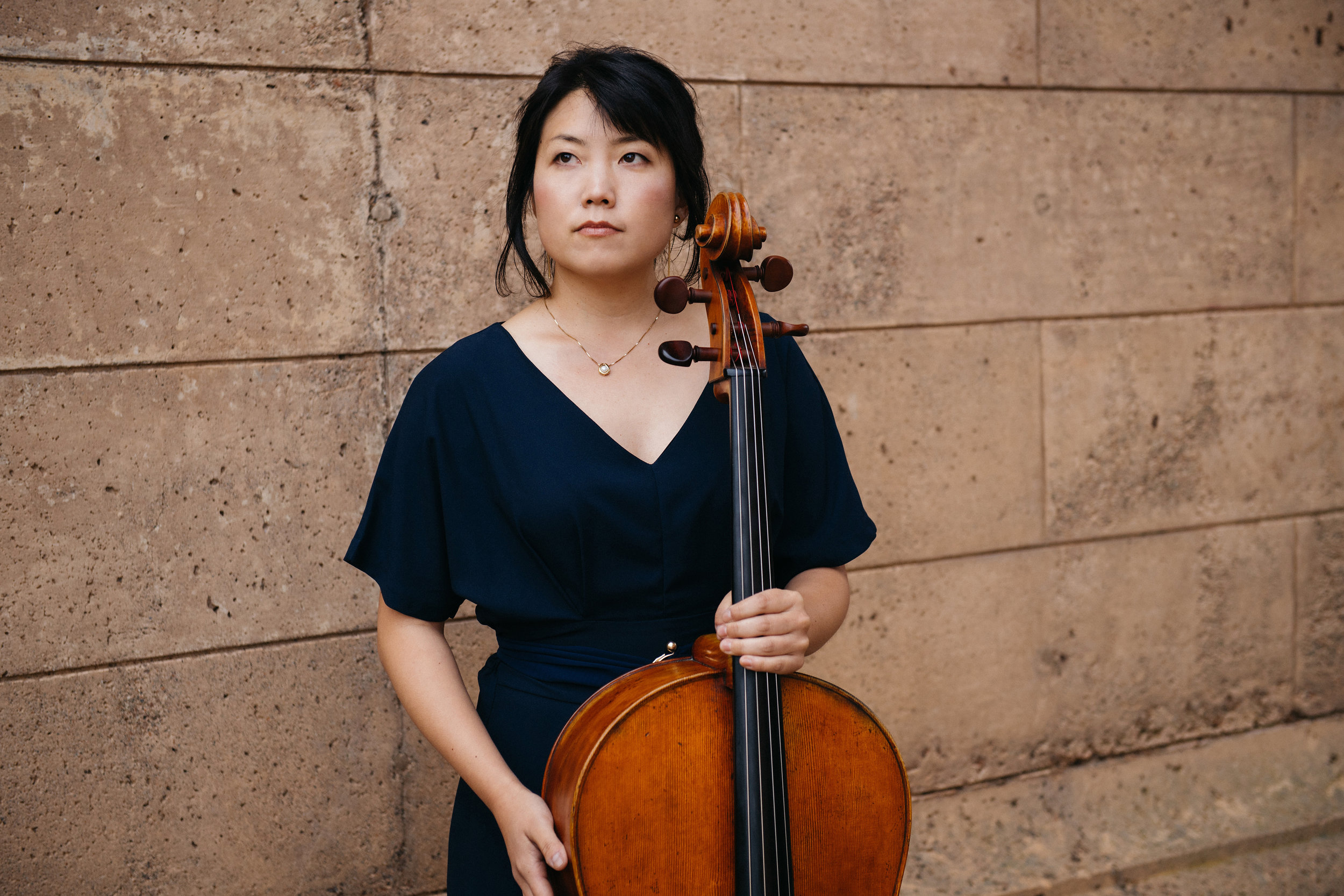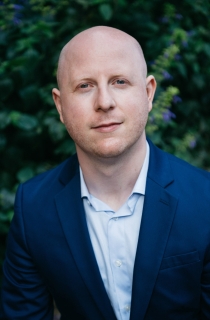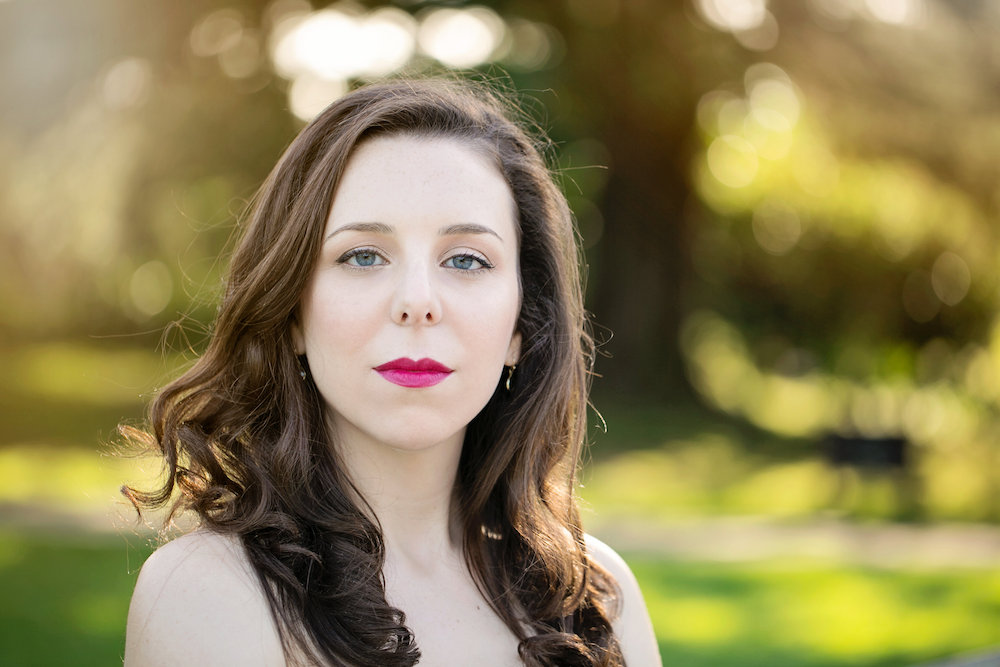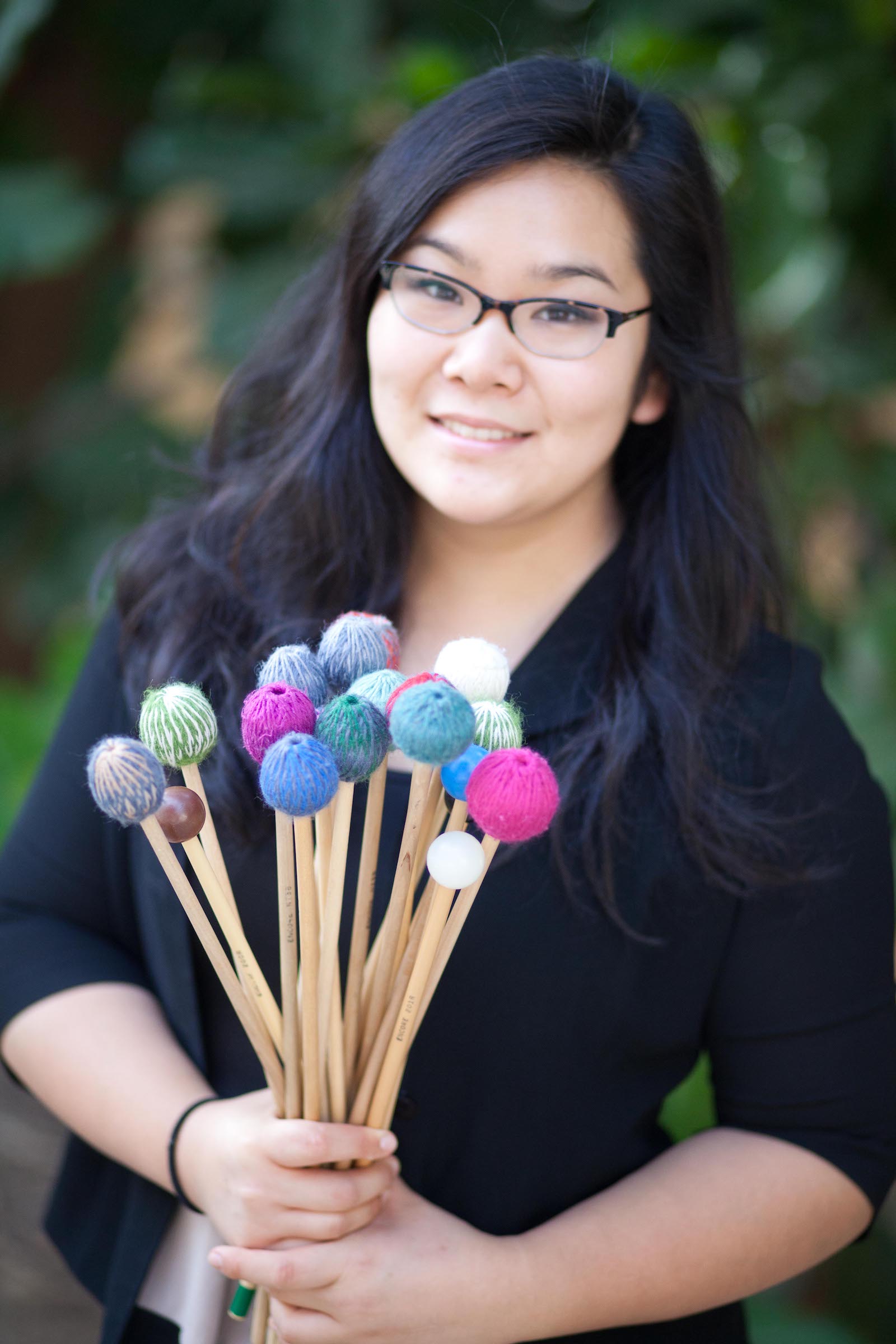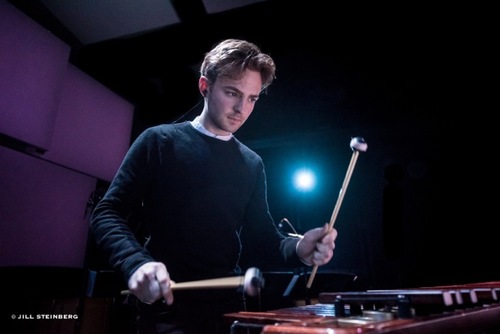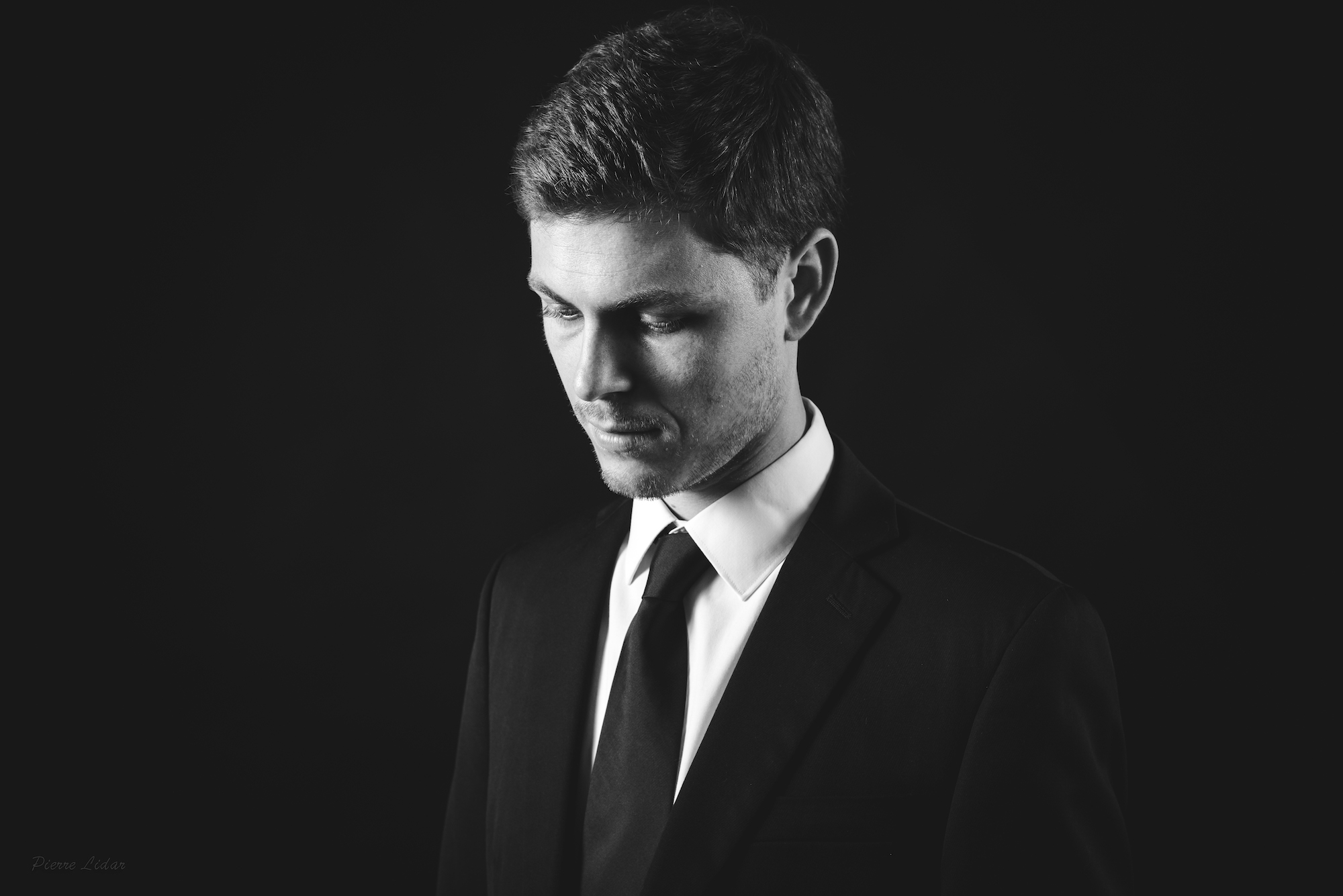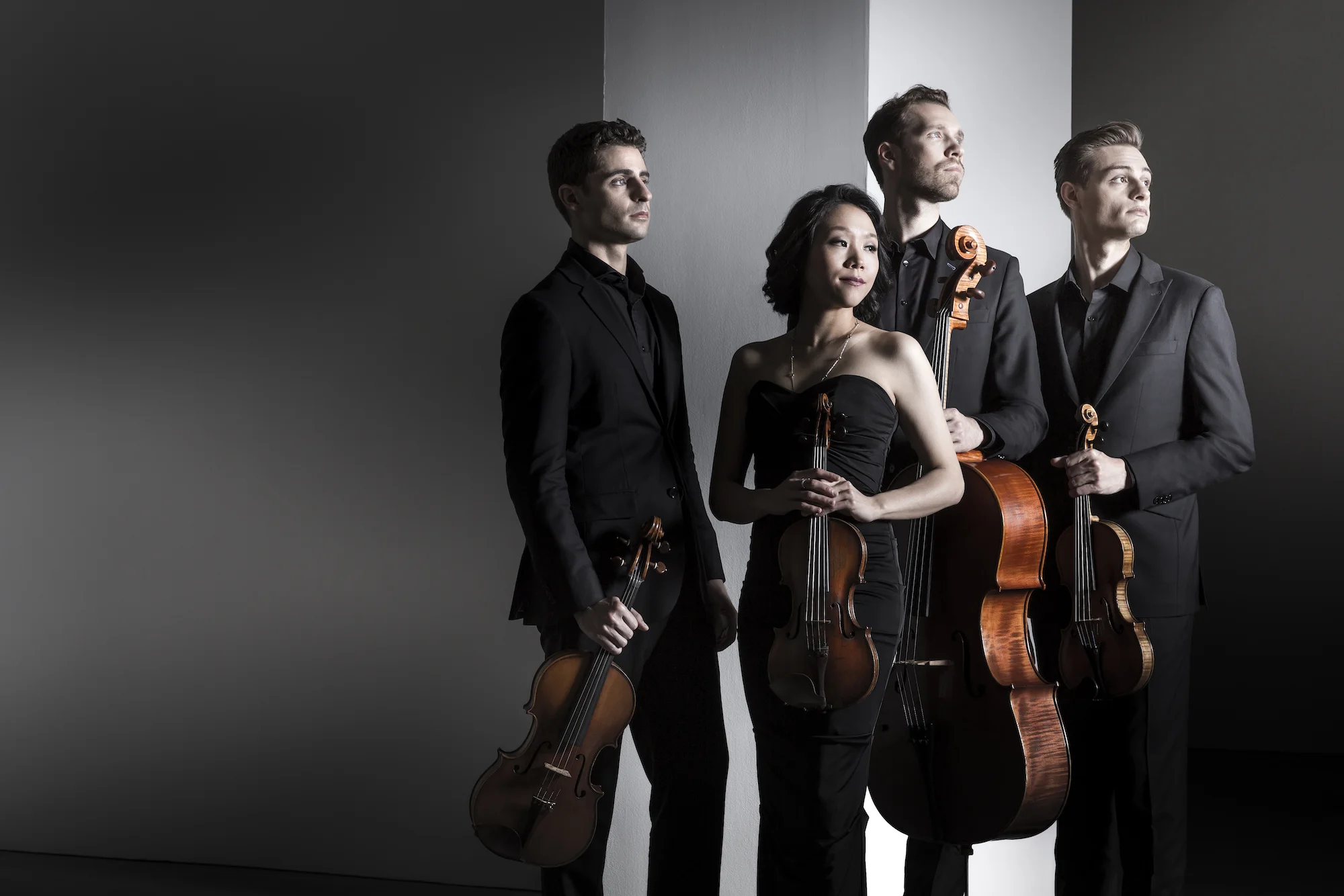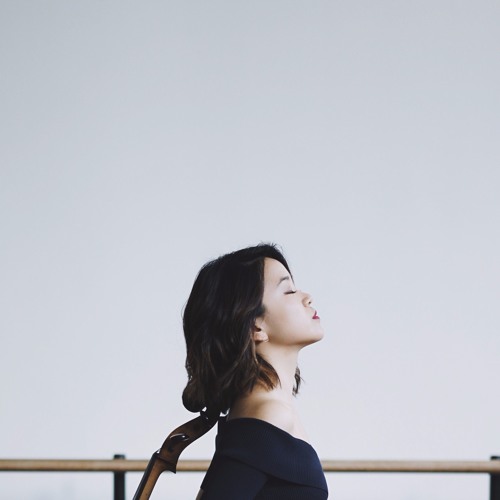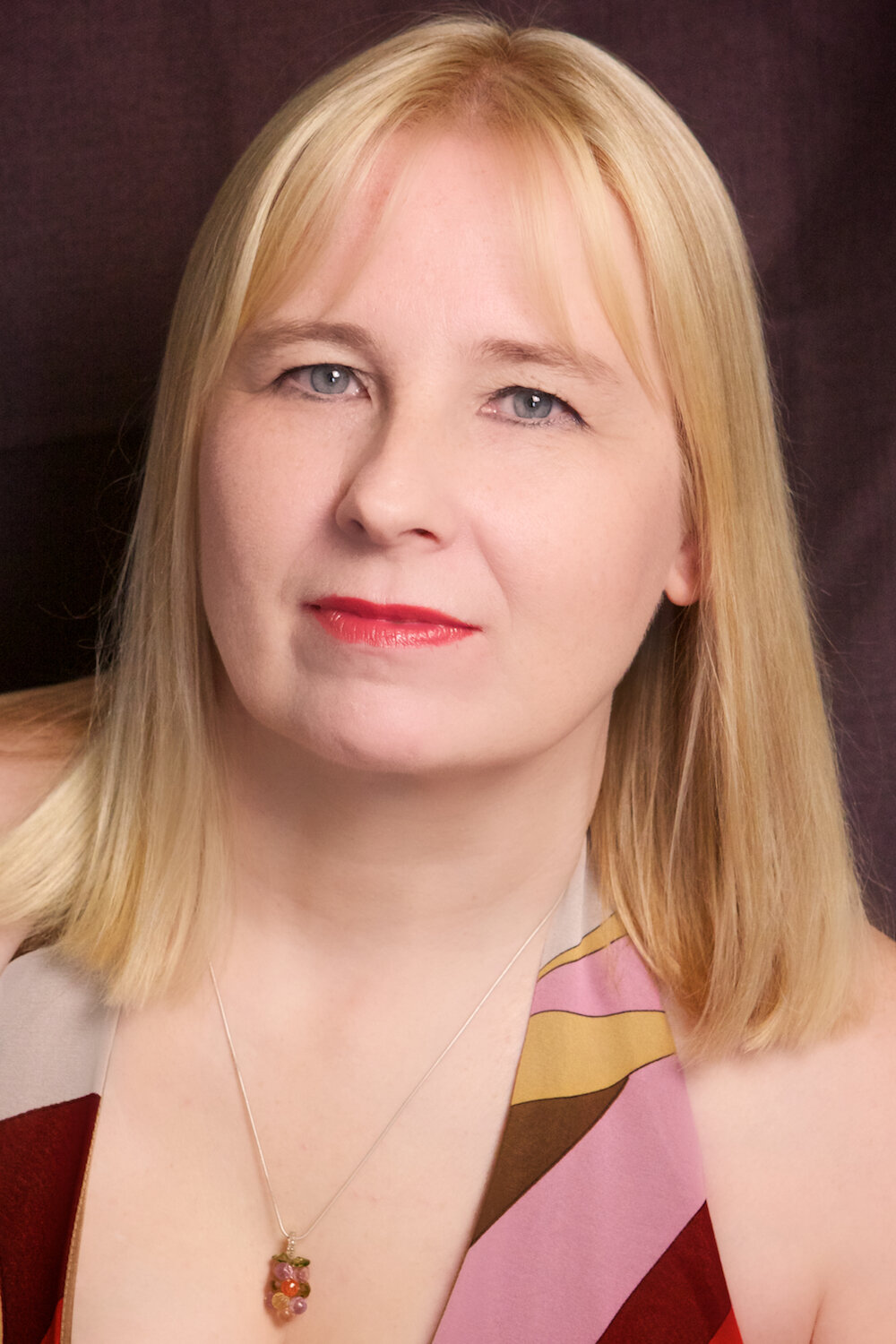THE WORLD OF GRAŻYNA BACEWICZ
October 18-19, 2019
Noe Valley Ministry
1021 Sanchez St. (at 23rd)
San Francisco
Last fall, we discovered Grażyna Bacewicz’s (1909-1969) story in three emceed shows interweaving music and narrative. In over two hundred works, Bacewicz’s music ranges from pure virtuosic fun to terribly moving statements on humanity. As the first American festival dedicated to Bacewicz, the festival offered a rare immersion in her life, music, and inspirations.
How do you pronounce Grażyna Bacewicz? “Grah-ZHEE-nah Baht-SEV-ich.” Click here for a pronunciation guide.
“Why is a creative voice as vivid and original as Bacewicz’s so conspicuously absent from our concert halls?
It’s a trick question; we know the answer to that one. It’s because she was female, and because she was Polish, and because “great” composers, with a few exceptions, don’t look like that. More broadly, it’s because this is what happens when we allow a creative canon to form and become rigid.
Yet look how much we sacrifice by doing that! So by all means, let’s take the opportunity for a weekend’s worth of discovery.”
Videos
Check out our YouTube channel for more!
Photos
Programs
EQV Ensemble
PC: Vero Kherian
7:30pm, Friday October 18
Program One - A Rising Star
Hear Bacewicz’s brilliant early works from her days as a young virtuoso violinist and rising star. Get to know her formative influences including her Polish predecessors; Paris; neoclassicism; early choral music; and her teacher, the great Nadia Boulanger.
Tesla Quartet
PC: Jose Soberanes
4:00pm, Saturday October 19
Program Two - From War to Warsaw Autumn
Follow Bacewicz through the horrors of World War II and the repressive Polish communist regime that isolated Poland’s artists from the Western world. Experience wartime patriotic songs and beautiful folk-inspired pieces written during the early communist years. Also, discover the moving work of composer and violinist, Mélanie Clapiès, as she premieres her new string trio, commissioned by Bard Music West. The award-winning Tesla Quartet closes the program on a hopeful note with Bacewicz’s stirring fourth string quartet, featured in the first Warsaw Autumn festival.
Brian Shank, percussion
PC: Jose Soberanes
8:00pm, Saturday October 20
Program Three - Evolution and Persistence: Bacewicz and Her Legacy
Hear Bacewicz’s most groundbreaking work written at the end of her life, including her Quartet for Four Cellos and her spectacularly virtuosic Four Caprices performed by Luosha Fang, recent winner of the Tokyo International Viola Competition. Then trace Bacewicz’s legacy as an inspiration for a generation of Polish women composers, reaching into the future to meet Marta Ptaszyńska, Agata Zubel, and other leading Polish women composers of today.
About Bacewicz
“My motto: to try to do what I do as best I can without thinking about the consequences, because really we have no influence over them. I know that soon, e.g. in 1000 years, there will be a time when our culture will have perished, so what is it all about? Only when I got rid of silly ambitions, did I acquire inner peace. Silly ambitions are the desire to become popular etc.”
—Grażyna Bacewicz
Through the fire of war and political oppression, Polish composer Grażyna Bacewicz (1909–69) composed more than 200 works of music. Critics of her time called her “the first lady of music.” She was a virtuosic violinist and pianist, author of murder mysteries, host of underground concerts during World War II, and a witty and indefatigable personality. She absorbed the influences of neoclassicism, serialism, folk music, and the avant-garde, and forged her own distinctive style, inspiring a generation of Polish composers.



